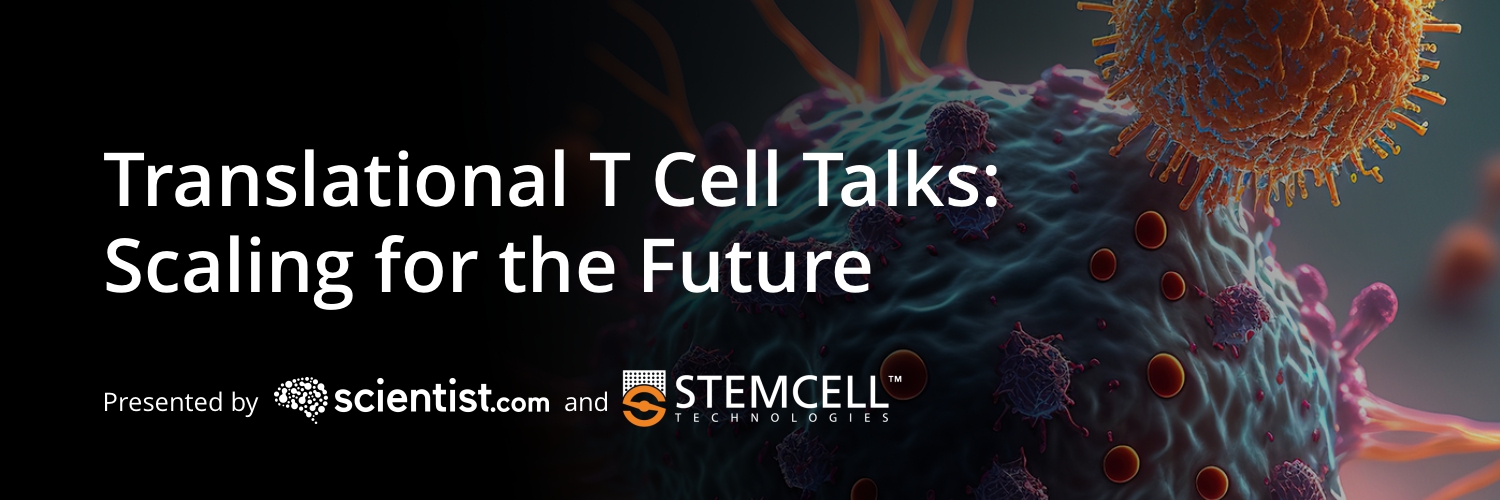If you’re a scientist conducting translational T cell research or developing T cell therapies, you know how critical it is to keep up with the latest advancements in the cell therapy field. Attend Translational T Cell Talks, hosted by STEMCELL Technologies on June 11, 2024, to hear about some of the latest news and technologies in the field through a series of brief presentations from distinguished scientists and industry leaders. This virtual, half-day event will provide insights on the latest CAR T cell research from scientists in the field and attendees will gain access to the newest protocols, educational content, and special promotions.
By attending these webinar sessions, you’ll learn about:
- Enhancing CAR T cell function
- Scaling up non-viral manufacturing of CAR T cells
- Scalable workflows for translational T cell research and T cell therapy development
- Tools and technologies for T cell sourcing, isolation, expansion, and activation
- Tips and tricks for qualifying raw/ancillary materials and navigating regulatory hurdles
Agenda
| Time | Title | Topic | Speaker(s) |
|---|---|---|---|
| 11:00 am EDT | Welcome and Opening Address | Introduction | Scientist.com |
| 11:10 am EDT | Combining CAR T Cells with STING Agnoists to Fight Solid Tumors | CAR T Cell Therapy | Dr. Ugur Uslu |
| 12:00 pm EDT | Next-Generation Cell Isolation Solutions for T Cell Therapy Research | Tools and Technologies | Dr. Amanda Durkin and Dr. Frann Antignano |
| 12:30 pm EDT | Advances in Point-of-Care Cell Engineering – What Are You Feeding Your CAR T Cells? | Media | Dr. Julian Lum |
| 1:00 pm EDT | How to Optimize your T Cell Therapy Workflow – Without the Use of Serum or Feeder Cells | Media | Dr. Dominika Nackiewicz, Tim Le Fevre, and Dr. Jessie Yu |
| 1:30 pm EDT | Non-Viral CRISPR Knock-In Anti-B7-H3 CAR-T Cells Are Amenable for Treatment of Subtypes of Small Cell Lung Cancer | CAR T Cell Therapy | Vimal Keerthi |
| 2:00 pm EDT | Key Regulatory Considerations for Moving Your Cell Therapy Research to the Clinic | Ancillary Materials | Lynn Csontos and Mike Jones |
Presentations
Combining CAR T Cells with STING Agonists to Fight Solid Tumors
Tue, June 11, 2024
8:10 am – 9:00 am PT | 11:10 am – 12:00 am ET
Chimeric antigen receptor T (CAR T) cell therapy has limited efficacy in treating solid tumors, and new approaches are needed to improve patient outcomes. As a strategy to improve the therapeutic success of CAR T cells directed against solid tumors, Dr. Uslu and his colleagues at the Center for Cellular Immunotherapies, University of Pennsylvania, tested the combinatorial use of CAR T cells and IMSA101—a newly developed stimulator of interferon genes (STING) agonist. In two syngeneic tumor models, improved overall survival was observed when mice were treated with intratumorally administered IMSA101 in addition to intravenous CAR T infusion.
In this webinar, Dr. Uslu will describe how IMSA101 enhances CAR T function through STING agonist-induced IL-18 secretion and how these findings lay the foundation for advancing the combinatorial approach into a clinical setting.
Key learning objectives will include:
- Learn about the importance and challenges of using CAR T cells to combat solid tumors for therapies.
- Discover a novel method that enhances CAR T cell function through STING agonist-induced IL-18 secretion.
- Explore features of IMSA101, a newly developed STING agonist that effectively modifies the tumor microenvironment.
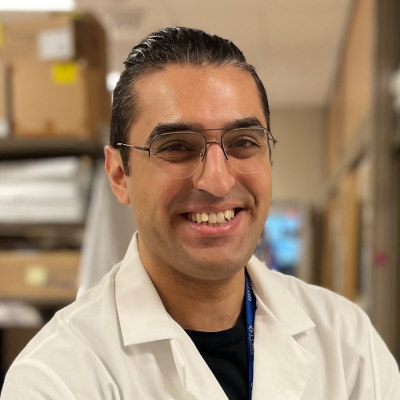
Ugur Uslu, MD
Postdoctoral Researcher
Center for Cellular Immunotherapies
University of Pennsylvania
Next-Generation Cell Isolation Solutions for T Cell Therapy Research
Tue, June 11, 2024
9:00 am – 9:30 am PT | 12:00 am – 12:30 pm ET
Due to their central role in the adaptive immune response to cancer and foreign pathogens, T cells are a focal point of both fundamental and translational research. Staying at the forefront of these evolving fields requires adopting more efficient, scalable processes.
Join this talk, presented by Dr. Amanda Durkin, to learn about STEMCELL’s cell isolation solutions for fast and easy T cell isolation. This presentation will also focus on large-scale research strategies by introducing our new mobilized leukopaks and feature the Easy 250 EasySep™ Magnet—a scalable and efficient system for manual column-free isolation. These next-generation tools enable researchers to streamline and accelerate their translational T cell research.
Key learning objectives will include:
- Increase your cell isolation efficiency with the EasySep™ technology.
- Increase your cell isolation throughput by isolating cells from large-volume samples in a single separation.
- Learn more about scaling up your cell isolations with the Easy 250 EasySep™ Magnet.

Amanda Durkin, PhD
Product Manager, Immunology
STEMCELL Technologies

Frann Antignano, PhD
Principal Scientist, Research & Development
STEMCELL Technologies
Advances in Point-of-Care Cell Engineering—What Are You Feeding Your CAR T Cells?
Tue, June 11, 2024
9:30 am – 10:00 am PT | 12:30 pm – 1:00 pm ET
Over the past five years, significant progress has propelled the manufacturing of clinical cell therapies toward the feasibility of point-of-care production within academic centers. The transition to a decentralized system has been made possible by advancements in small, adaptable, closed manufacturing devices. Additionally, the range of ancillary reagents essential for large-scale production has expanded, with numerous GMP-grade commercial products now available on the market.
In this webinar, Dr. Julian J. Lum will discuss key factors to consider when choosing metabolic assays and how they can be used to assess cell function. Additionally, he will discuss the metabolic characteristics of different commercially available cell culture media formulations as well as the importance of assessing the array of media products and their impact on metabolism.
Key learning objectives will include:
- Understand key considerations when selecting metabolic assays and their utility for assessing cell function.
- Explore data comparing the metabolic characteristics of various GMP-grade media formulations.
- Learn the importance of assessing media products and their impact on metabolism.
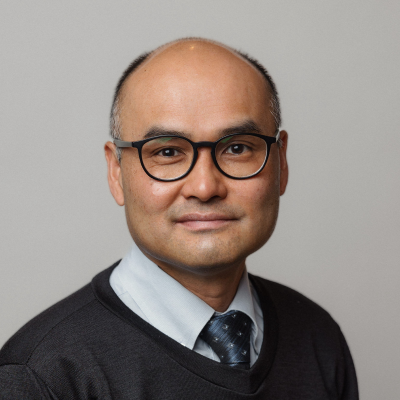
Julian J. Lum, PhD
Distinguished Scientist
Deeley Research Centre, BC Cancer
University of Victoria
How to Optimize Your T Cell Therapy Workflow—Without the Use of Serum or Feeder Cells
Tue, June 11, 2024
10:00 am – 10:30 am PT | 1:00 pm – 1:30 pm ET
The development of safe and efficacious T cell therapies requires a wide range of reliable tools and technologies. To avoid costly delays and ensure a smoother transition from bench-to-bedside, scientists should use standardized reagents for their T cell cultures.
In this talk Dr. Dominika Nackiewicz will introduce how STEMCELL Technologies can help optimize your T cell cultures—with robust, high-performance products and expert support. You will learn how to generate high yields of functional T cells for cell therapy manufacturing using the new GMP ImmunoCult™ medium and activators . She will also discuss efficient gene editing strategies using the new CellPore™ Transfection System and solutions for T cell generation from pluripotent stem cells or hematopoietic progenitors.
Key learning objectives will include:
- Generate high yields of functional T cells without the use of serum or feeder cells.
- Achieve robust activation of T cells with bead-free, soluble T cell activators.
- Learn how to effectively generate T cells from pluripotent stem cells or hematopoietic progenitors.
- Optimize your T cell therapy development and manufacturing workflow with GMP ImmunoCult™ medium and T cell activators.

Dominika Nackiewicz, PhD
Product Manager, Immunology
STEMCELL Technologies
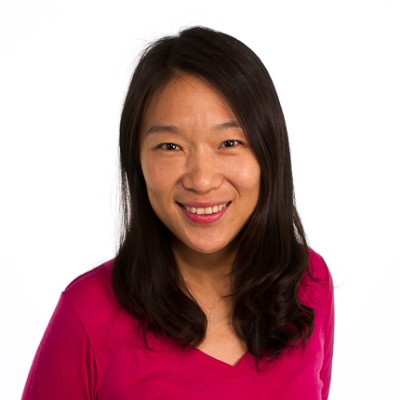
Jessie Yu, MD
Senior Scientist, Research & Development
STEMCELL Technologies
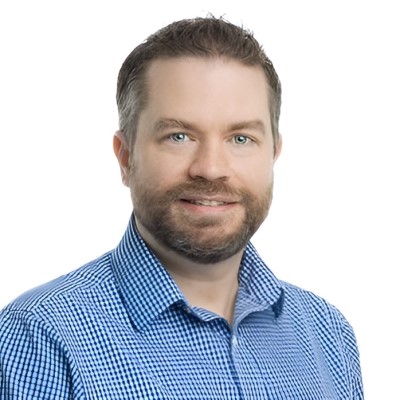
Tim Le Fevre
Senior Scientist, Research & Development
STEMCELL Technologies
Non-Viral CRISPR Knock-In Anti-B7-H3 CAR-T Cells Are Amenable for Treatment of Subtypes of Small Cell Lung Cancer
Tue, June 11, 2024
10:30 am – 11:00 am PT | 1:30 pm – 2:00 pm ET
Small-cell lung cancer (SCLC), characterized by its aggressive nature has a poor overall 5-year survival rate (5-10%). The immune evasion program in SCLC is mediated by the low expression levels of molecules needed for T-cell receptor (TCR) recognition, major histocompatibility complex (MHC) class I. Chimeric Antigen Receptor T (CAR T) cells offer a promising strategy for SCLC, with the ability to target cancer cells in a TCR-independent manner. However, access to clinical-grade viral vectors to manufacture CAR T cells remains challenging.
In this webinar, Vimal Keerthi, will discuss his work on identifying CD276 (B7-H3) overexpression in primary human SCLC and developing a non-viral CRISPR- Cas9 knock-in (CKI) based platform against B7-H3 to manufacture CAR T cells for the treatment of SCLC. He will demonstrate the feasibility of this non-viral CAR T manufacturing platform, and how this provides a blueprint for immediate clinical translation overcoming the bottleneck of viral vector production.
Key learning objectives will include:
- Learn more about homology directed repair (HDR) based CRISPR knock-in strategies to engineer T cells.
- Explore how CRISPR/Cas9-engineered CAR T cells can target low-antigen SCLC.
- Learn about the method and feasibility of scaling up clinical-grade production of non-viral CAR T cells for immediate clinical translation.
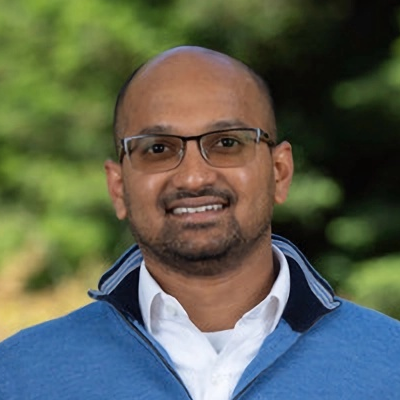
Vimal Keerthi
Process Development and Manufacturing Scientist
Center for Cancer Cell Therapy
Stanford School of Medicine
Key Regulatory Considerations for Moving Your Cell Therapy Research to the Clinic
Tue, June 11, 2024
11:00 am – 11:30 am PT | 2:00 pm – 2:30 pm ET
The cell and gene therapy market continues to advance with a significant impact on healthcare. As a cell therapy developer, qualifying raw materials used in your manufacturing process is critical to success in your translational journey. To help you reduce time and costs for translational projects, STEMCELL will walk you through key regulatory considerations that will support the success of your clinical candidates.
Key learning objectives will include:
- Learn about the latest developments in the regulatory landscape.
- Understand the key considerations for qualifying ancillary/raw materials for use in T cell therapy development.
- Learn how partnering with your supplier can help you avoid common obstacles in your translational projects.

Lynn Csontos
Vice President, Regulatory Affairs
STEMCELL Technologies
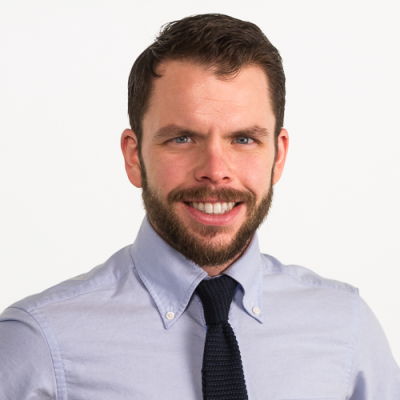
Mike Jones, MSc
Director, Clinical Services and Alliances
STEMCELL Technologies
